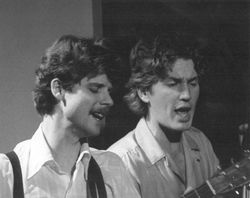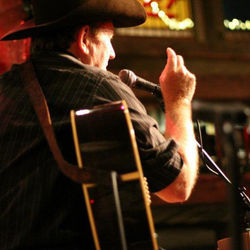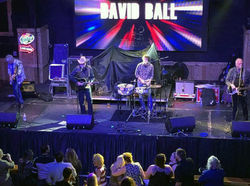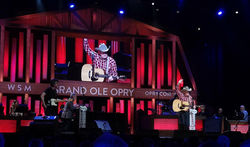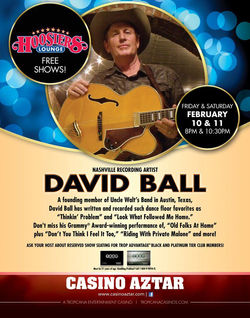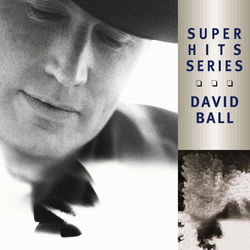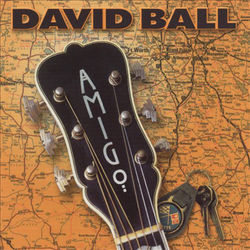



When I was a kid back in the early 60’s my great uncle operated one of the last and only juke joints in Orangeburg, SC called Porter’s Store. This fine establishment was a general store by day but by night it became a throw down party house in the back. Uncle “Bubba” lived upstairs over the store and during the summer I would spend the weekends there with my young cousins. We were warned to never enter the downstairs area after the witching hour of 7pm each night but of course being kids and being bored, (a dangerous combination indeed), we would always sneak down the narrow staircase which led to the rear kitchen strategically located just on the other side of “all hell’s breaking lose tonight” land!
My most valuable and precious memory from all of this is not the eye opening education I received concerning human nature in the raw, no – it was all that beautiful noise pouring out of the Jukebox standing in the rear corner of the room. Lit up brightly like a neon church entrance I could hear congregations of angels singing as the sky was split wide open by the likes of George Jones, Buck Owens, Patsy Cline, Johnny Cash, Merle Haggard, Loretta Lynn, Roger Miller, the list goes on and on. This music would change my life for evermore.
I told that story so the reader will have a better understanding of my thoughts concerning David Ball. I love David Ball, when I listen to his music it makes me feel good inside. It takes me back to Porter’s Store and it reminds me of a time when country songs were written cleverly and delivered with heart and intent. A time when country songs were fashioned for people who did not have a lot of money or title in the world but they were genuine folk with good hearts and core values. Call me a purist or simply call me old but I believe country music was better back then and David Ball is one of those rare artists who embodies all of the things I have mentioned here. I will be listening to David’s music for years to come and on that sad day when he retires from making it country music will diminish just a tiny bit more.
From articles by Johnny Loftus and Wikipedia:
David Alderman Ball was born in Rock Hill, SC, on July 9, 1953. The son of a Baptist minister father and musician mother, Ball started playing the ukulele as a young boy, but by age 12 had switched to guitar. Having written his first song in seventh grade, he played it in a school talent show with a band he had formed, the Strangers. Afterwards, he played bass in various local youth groups and also the school orchestra. Together with friends he played various bluegrass and country festivals throughout the Carolinas.
By the time Ball left high school he was a proficient stand-up bass player, readily able to adapt to classical, country, bluegrass and swing. He and hometown friends Walter Hyatt and Champ Hood formed the trio Uncle Walt’s Band and relocated to Nashville, where they scraped out a living. The going was tough, and eventually the trio moved to Austin, TX, hoping to find greener pastures. There Ball and his friends matured as musicians, playing covers of popular folk and roots numbers, but also writing and performing their own compositions. Ball played bass, sang lead, and also contributed backup vocals. Uncle Walt's Band was a hit in Austin, where the music scene was more progressive and where hungry young players like Lyle Lovett would pack the group's dancehall shows. The band released three successful albums before breaking up in 1983 as its members pursued solo careers.
Ball returned to Nashville, where he stuck it out and worked hard for most of the 1980s until he was signed to a publishing contract. Three singles for RCA Records failed to provide a solo breakthrough, however, and a projected album was shelved. The experience did at least serve to introduce him to producer Blake Chancey, son of legendary country producer Ron Chancey. In the spring of 1993, Chancey rang Warner Brothers Records director Doug Grau on Ball's behalf. A new recording contract followed. Thinkin' Problem, his debut album, was released on Warner Bros. Its title track served as the lead-off single, reaching No. 2 on the Billboard country music charts and No. 40 on the Billboard Hot 100. The album, which received a platinum certification in the U.S., also produced the singles "When the Thought of You Catches Up with Me", "Look What Followed Me Home", "What Do You Want with His Love", and "Honky Tonk Healin'", although the latter two singles failed to make Top 40 on the country charts.
Ball recorded two more albums for the label – Starlite Lounge and Play – without much chart success. However, "Riding with Private Malone", from the 2001 album Amigo on the Dualtone label, reached a peak of No. 2 on the Billboard Hot Country Singles & Tracks charts (now Hot Country Songs) chart, and No. 36 on the Billboard Hot 100. This album failed to produce any other hits, however, and Ball exited Dualtone in 2002. Freewheeler followed in 2004, Heartaches by the Number in 2007, Sparkle City in 2010 and a long awaited new release with Come See Me Soon in 2018.









